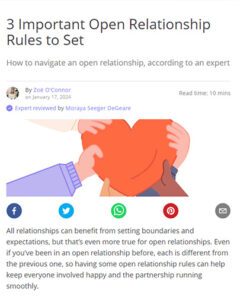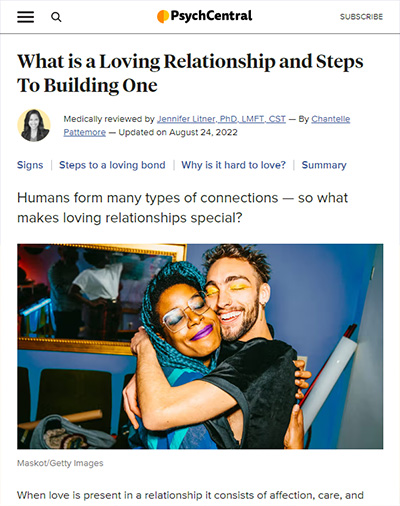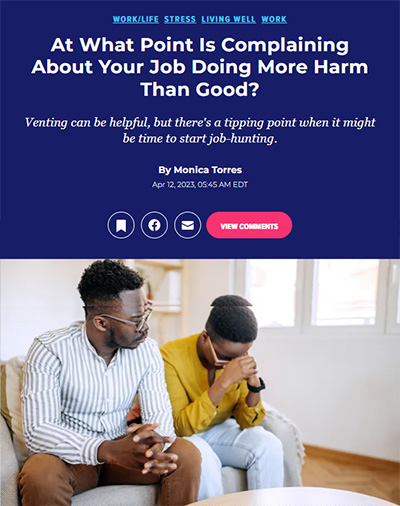Okay, maybe it is about money, but it’s certainly not ONLY about money.

In my experience, when couples fight about money they are always fighting about something else. Money is never just money in a relationship. Money is symbolic, and its symbolism is almost always rooted in our childhood experiences. Fighting over spending vs saving often comes down to whether a person sees money as symbolic of security or symbolic of freedom.
Then there are the ways in which money is a proxy, used to control and manipulate. Sometimes couples do things with money out of spite (making big purchases or loaning out large sums purposely, knowing their partner would not approve, because they are upset with their partner), and sometimes out of fear (most likely when there is some sort of abuse at play, money is usually a large part of that). It’s no wonder that money is cited as one of the most frequent topics of conflict among couples.
So, what can you do?

One of the best pieces of advice I have for couples, to help them communicate better when it comes to money discussions: go to therapy. Honestly, because our beliefs about money are often so deeply-held, it can be difficult to speak about our issues and concerns without feeling attacked and becoming defensive. In my couples therapy sessions where we discuss money, I am careful to keep them talking about their own feelings and beliefs and away from accusing and blaming and criticizing their partner. It’s difficult to do even with a therapist as a mediator!
Outside of seeking out a good couples therapist (which I strongly suggest), the advice I would give to a couple trying to work it out on their own would be to practice being open and honest, without blaming and criticizing. If you catch yourself using phrases that start with “you always…” or “you never…” stop and re-group. Nothing can be accomplished when people get defensive with each other, and it is natural to become defensive when you feel you are being attacked/criticized.
I would also suggest that couples have conversations about money frequently, sort of like an inoculation or a vaccine. Talk about small concerns regarding money and you’ll find that big things can be discussed more readily, because you haven’t made money talk a no-go zone. And as with all things couple-related, strike while the iron is cold! These are not conversations to be had when emotions are high or tempers have flared. Don’t continually pair money discussions with high emotion moments, because that kind of thing can become a conditioned response to any talk about money. This will stop communication dead in its tracks.

I would also urge couples to talk to each other about their histories with money because that is often what shapes our current relationships with money. Useful questions to start conversation:
- Did your family struggle with money while you were growing up?
- Were there ever times when you didn’t have everything you needed (food, clothes, utilities, etch)?
- Did you have a job when you were a teen?
- What did you do with the money from your paychecks (buy fun things you wanted, contribute to the household, buy things you needed, etc)?
- What kinds of messages about money did you receive from the grown-ups in your life?
These kinds of discussions create a better understanding of your partner’s relationship with money (and often some clarity about your own!), which will foster a sense of empathy that might make harder discussions less fraught.
Secrecy around money is also a common concern in relationships. People are secretive and dishonest about money for any number of reasons, so it’s important for everyone to be curious about what is going on with them when they are behaving this way. I would urge couples to consider these questions to start:
- Are you hiding purchases or keeping secret credit cards/bank accounts because you’re afraid of what your partner will say?
- Because you are wanting to be sure you can leave if you need to?
- Because you don’t trust that your partner is being honest about what he/she is doing with the family money?
- Because you have a need to avoid any conflict, at all cost?
Getting anywhere in these discussions requires a heavy dose of “benefit of the doubt” and an interest in understanding both yourself and your partner, without judgment.





